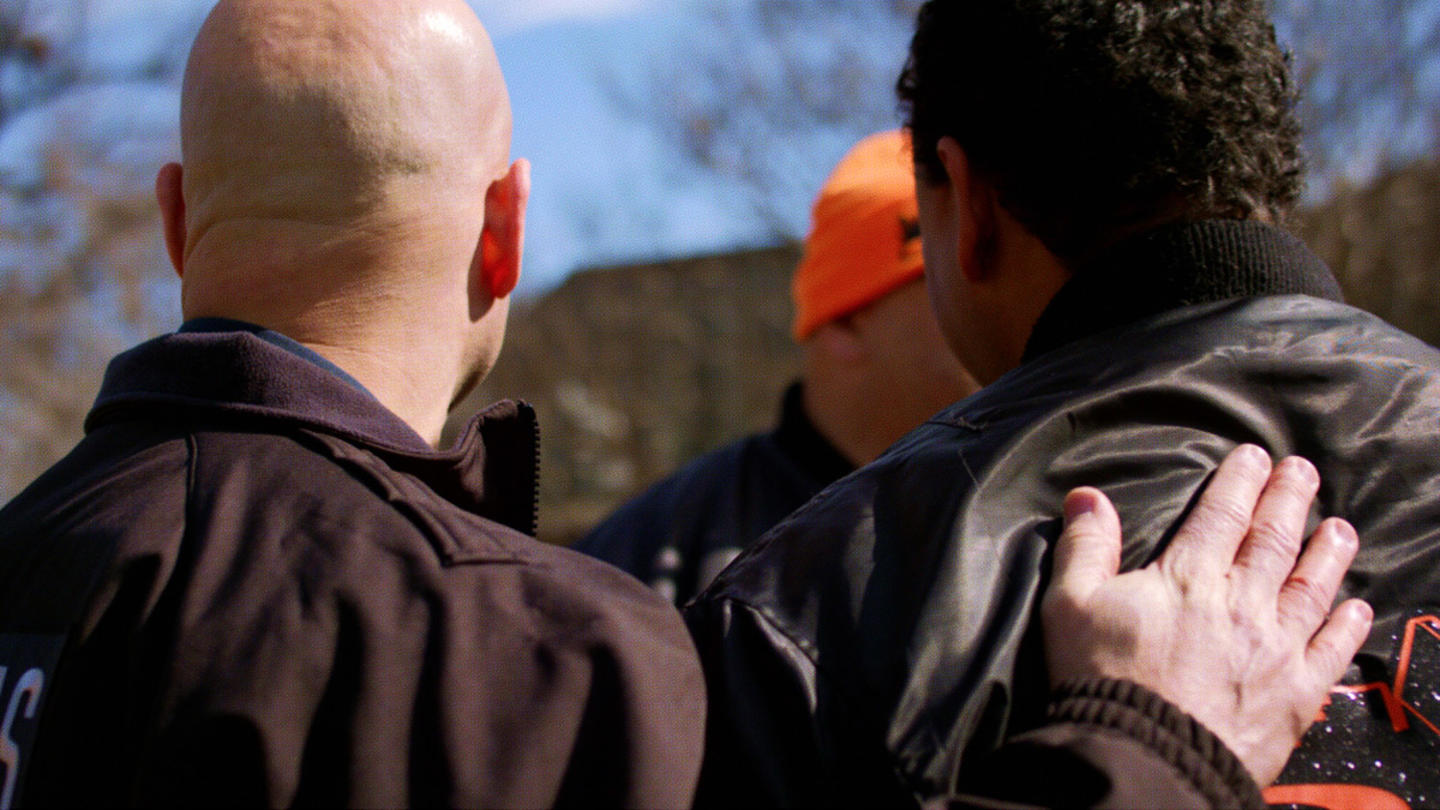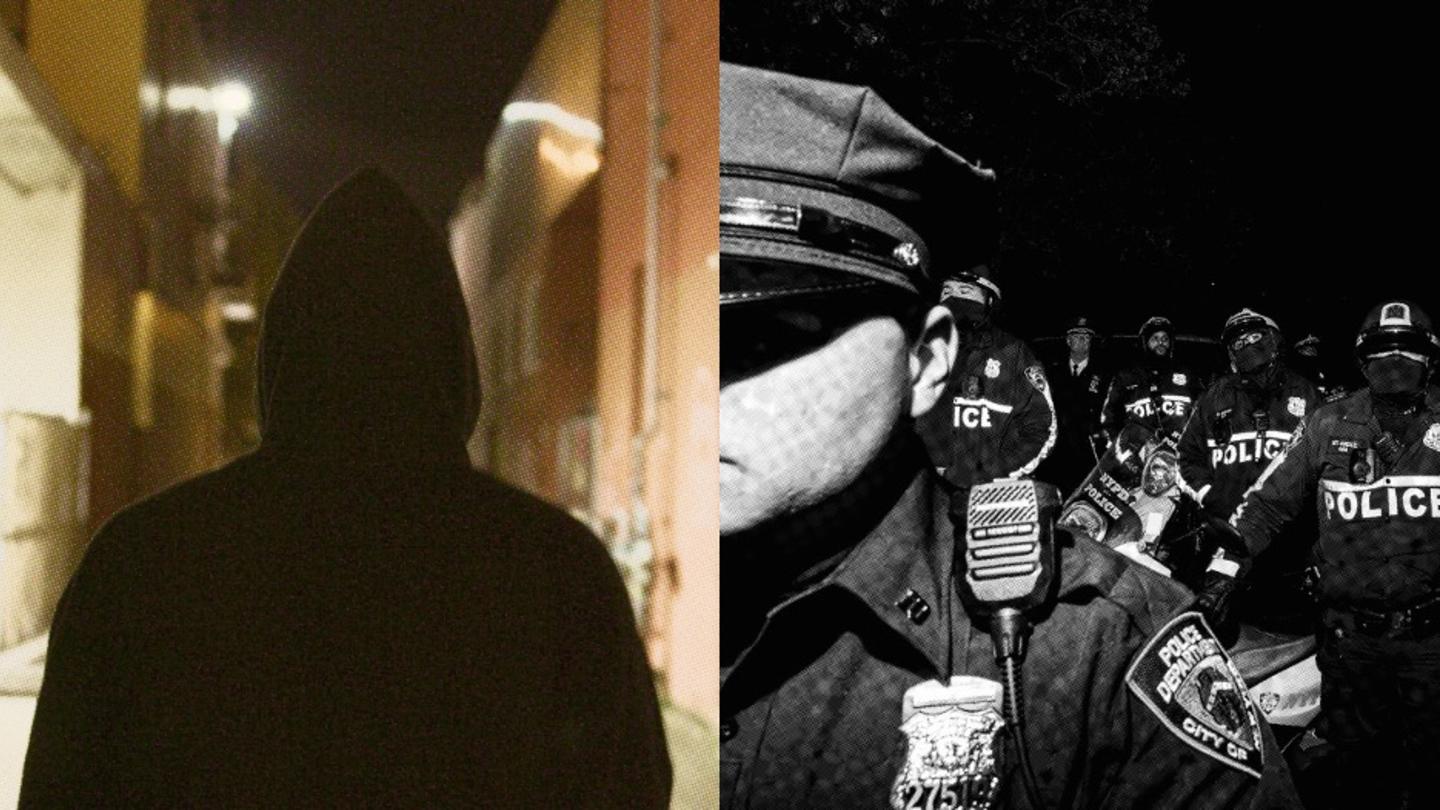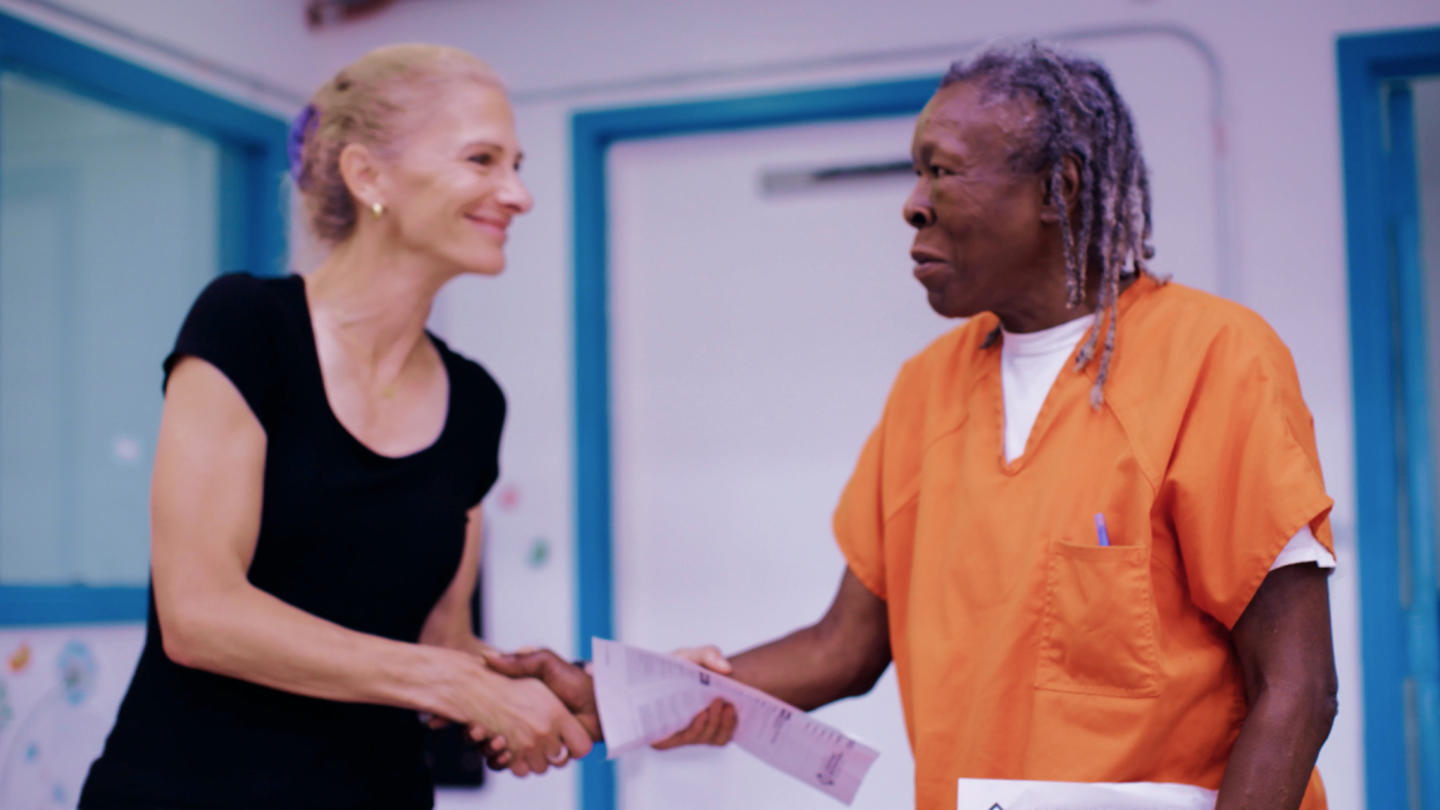Violent crime continues to rise in many cities across America. Experts agree that poverty, addiction, and mental health are contributing factors. In the wake of the pandemic, precincts are struggling with officer shortages, and officers continue to deal with too many calls outside of their training scope that take them away from focusing on serious crime. As a result, many Americans feel less safe and secure in their communities than they did just a few years ago.
It's time to implement innovative, evidence-based approaches to supporting law enforcement, tackling crime, and making communities safer.
The "Unbundle Policing: Reimagine Public Safety" challenge, led by Stand Together Ventures Lab and MIT Solve, supported hundreds of entrepreneurs in reducing unnecessary policing activity to help law enforcement stem violent crime and make their communities safe.
Unbundling policing means rightsizing the role of law enforcement by offloading certain police functions to community-based solutions. Developing new technologies and innovations allows law enforcement to focus time and resources on tackling violent crime and keeping our communities safe.
This could look like:
- Alternatives to deploying police for non-violent 911 calls that don't require armed responses, like noise complaints or traffic enforcement.
- Alternatives to police-enforced legal sanctions, particularly those related to mental illness or substance use disorders.
- Improved approaches to recruiting, training, evaluating, and supporting police officers in their roles.
While more than 250 entrepreneurs participated in a twelve-week design sprint Incubator, 11 entrepreneur teams were ultimately selected to participate in the Accelerator -- a six-month program that provided organizations $50,000 and wraparound support to pilot and scale their solutions across the United States.
The Accelerator culminated in August with a "Demo Day" where entrepreneurs pitched their solutions, learnings, and plans for future growth to investors, practitioners, and experts in the fields of policing, crisis response, and community development.
We're proud to announce that Stand Together Trust is awarding $750K in total grant funding to the following innovative organizations.
1. Lawndale Christian Legal Center
For more than 12 years, LCLC has been preventing violence in four of Chicago's most segregated, under-resourced, and heavily policed neighborhoods by providing legal services and promoting juvenile and young adult diversion models. Because of the Center's work, 87% of its active clients have not been rearrested for a new case or a technical violation. It has also substantially reduced the overall burden on police and prosecutors, allowing them to focus on crimes that ought to be adjudicated through the criminal system. Recently, it has launched a new effort to scale to all 77 neighborhoods in the Chicagoland area.
Through STT's partnership, LCLC will be able to offer its legal expertise to community organizations that offer assistance with employment, education, trauma counseling, health and mental health care, entrepreneurship, mentoring, housing, spiritual guidance, sports, violence prevention, and substance use treatment.
2. New Blue
New Blue equips police officers to drive policing improvements from within. Through STT's partnership, New Blue will be able to grow its year-long officer fellowship program that teaches officers to implement bottom-up solutions to improve police culture in their departments and foster improved trust and collaboration with their communities. New Blue helps officers identify problems with practices and procedures, produce solutions in partnership with communities, and measure impact.
3. accesSOS
A significant percentage of 911 calls aren't emergencies that need a police response. Reaching alternative providers who can respond to callers should be simple and accessible to all.
accesSOS provides a free mobile web app that makes emergency help accessible for the 37 million Americans with traditional barriers to calling (e.g., deaf people, non-English speakers, etc.). accesSOS texts a message that gets repeated to 911 dispatchers and alternative responders such as 311, which addresses non-emergency situations like finding housing for those experiencing homelessness. With STT funding, accesSOS will increase its staff, incorporate 988 mental health emergency responses into its app, translate the app into 12 languages, and pilot it in a major city.
4. Roca/Rewire4
Recent turmoil in America has only exacerbated an "us vs. them" approach to policing, leading to more tension between police and citizens. To change this, law enforcement officers need resources to help them address the impact of trauma on their own behavior.
Roca's Rewire solution was developed through a partnership with Massachusetts General Hospital. It is a cognitive-behavioral therapy (CBT) approach that can be taught, practiced, and mastered in community settings. Through STT's support, Roca will deliver Rewire to law enforcement via a "train-the-trainer" approach to help departments foster more empathetic, less instinctual responses to high-stress situations from their officers.
Learn more about Stand Together's criminal justice reform efforts.




